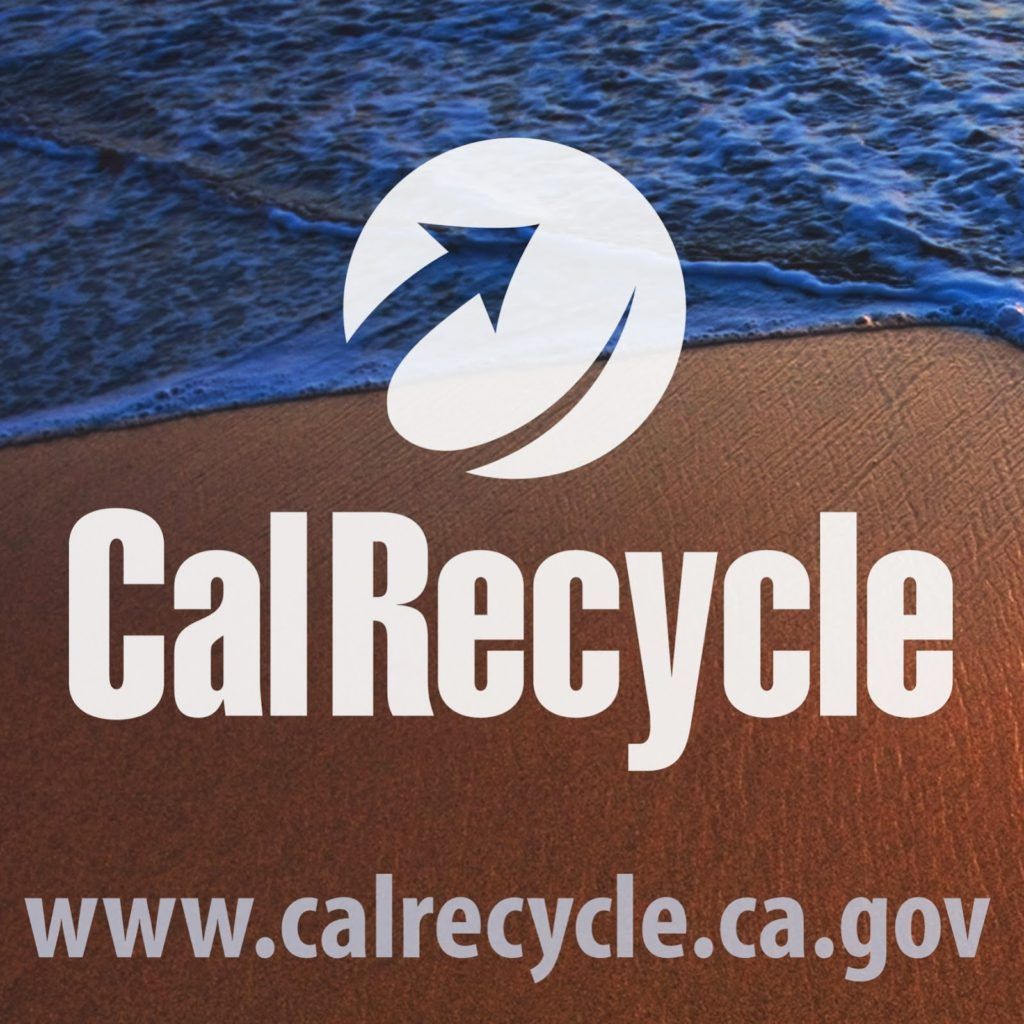Recycling fading even as concerns about plastic surge
by Chris Reed | August 21, 2019 4:01 pm

California’s already-troubled[1] recycling system took another blow this month with the closure[2] of Ontario-based rePlanet, which operated 284 recycling centers, the most of any recycling company in the state.
But despite complaints from environmentalists about 2 million recyclable containers a day being thrown away in the Golden State and from consumer advocates upset that state residents are losing $25 million [3]in deposits a month, no fix is on the horizon. That’s even though there is general agreement on what would revive recycling: increasing the reimbursement rates that the California Department of Resources Recycling (CalRecycle) pays recycling centers that take in single-use glass, plastic and metal bottles. Legislation to increase rates appears stalled in Sacramento.
Another proposed solution is to increase the 5-cent deposit per small plastic or glass bottle to 10 cents, as Oregon and Michigan have done. Those states have 90 percent recycling rates, far better than the 75 percent rate reported in California before rePlanet shut down operations.
Fallout from China’s decision to stop buying recyclables
About 1,000 centers have closed since the state lowered reimbursement rates in 2016. Recycling in California and across America took a giant hit in late 2017 when China – by far the world’s biggest market for recyclables – stopped its program, concluding that processing other nations’ waste was not a good use of resources.
Given California’s history as a pioneering environmental state, green groups like Californians Against Waste[4] are incredulous that state leaders like Gov. Gavin Newsom and predecessor Jerry Brown see fixing recycling as a low priority.
But China is far from the only player in the recycling debate which is rethinking recycling. Brown opposed increasing reimbursements on the grounds that it was time for the state to develop a “modern” version of recycling.
In a policy debate with echoes of the present flap[5] over whether dockless electric scooters actually help the environment, a growing number of economists are skeptical about whether recycling makes sense. They say the resources needed to process separate streams of waste use up considerable energy, especially because the industry has never been able to address the problem that most non-deposit plastic products placed in recycling bins aren’t recyclable[6]. And with improvements[7] in landfill liners and design, previous views of dumps as toxic sites have lost ground.
Another claim heard in the late 1980s when California and many other states launched recycling programs – that landfills were running out of room – no longer has many believers.
The Los Angeles Times reported[8] last week that since 2010, one landfill had been built and 36 landfills had been expanded in the state.
New York Times economics columnist John Tierney wrote[9] in 2015 that “all the trash generated by Americans for the next 1,000 years would fit on one-tenth of 1 percent of the land available for grazing.”
Environmentalists see single-use plastic as huge problem
But this view of recycling as inefficient, expensive and not particularly helpful to the environment is rejected by greens and by many Democrats who have taken on a new goal of ending all single-use plastics. They see plastic – which can last hundreds of years – as a huge[10] pollution problem. That plastics are made from fossil fuels is also considered[11] a major shortcoming. This view drives environmentalists’ goal of ending all single-use plastics – not just straws and utensils but consumer packaging.
Senate Bill 54[12] – the California Circular Economy and Plastic Pollution Reduction Act – would commit California to a 75 percent reduction in single-use plastics by 2030. With 12 co-authors, the bill passed the Senate in May and won initial support from the Assembly Natural Resources Committee on generally party-line votes.
New York Mayor Bill de Blasio wants to go even farther. He has promised[13] to eliminate the “ludicrous” and “outdated” practice of sending garbage to landfills.
- already-troubled: https://calwatchdog.com/2019/05/27/california-enters-fourth-year-of-poor-recycling-record/
- closure: https://www.latimes.com/business/story/2019-08-05/recycling-center-business-replanet-shuts-down
- $25 million : https://www.sandiegouniontribune.com/business/la-fi-recycling-centers-california-crv-20190228-story.html
- Californians Against Waste: https://www.cawrecycles.org/californias-recycling-industry
- present flap: https://calwatchdog.com/2019/08/12/impact-of-scooters-on-environment-still-in-question/
- aren’t recyclable: http://www.seas.columbia.edu/earth/wtert/sofos/bhatti_thesis.pdf
- improvements: https://www.ercofusa.com/what-is-a-modern-landfill-so-much-more-than-the-old-dump/
- reported: https://www.latimes.com/environment/story/2019-08-13/california-recycling-industry-plastics-china
- wrote: https://www.nytimes.com/2015/10/04/opinion/sunday/the-reign-of-recycling.html
- huge: https://storyofstuff.org/the-story-of-plastic/the-problem-with-plastic/
- considered: https://www.surfrider.org/coastal-blog/entry/the-link-between-fossil-fuels-single-use-plastics-and-climate-change
- Senate Bill 54: https://leginfo.legislature.ca.gov/faces/billVotesClient.xhtml?bill_id=201920200SB54
- promised: https://observer.com/2015/04/bill-de-blasio-calls-for-the-end-of-garbage-by-2030/
Source URL: https://calwatchdog.com/2019/08/21/recycling-fading-even-as-concerns-about-plastic-surge/